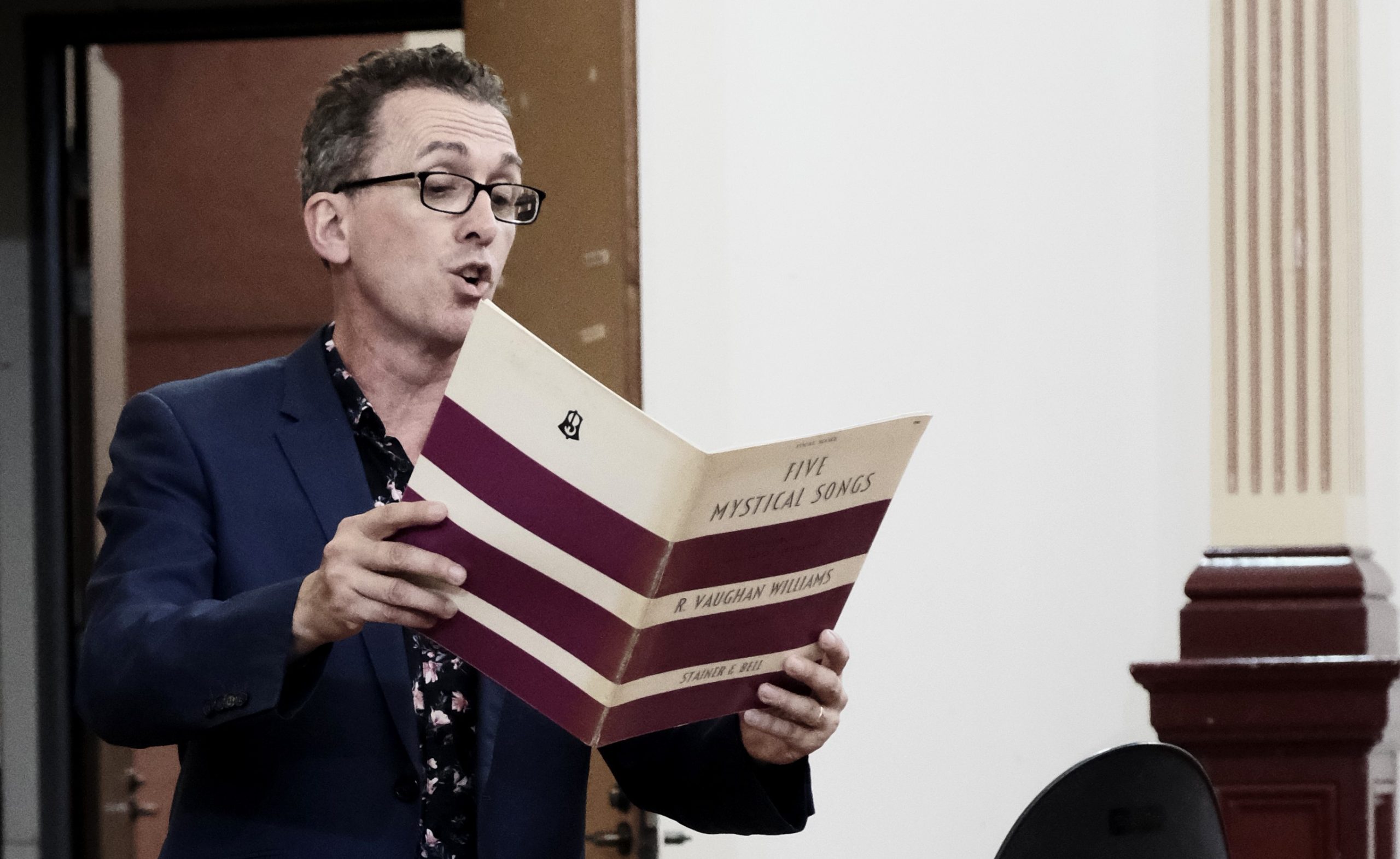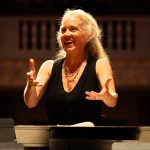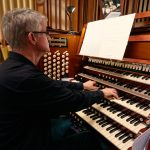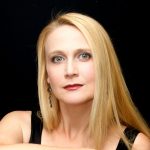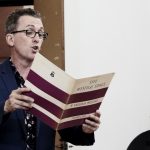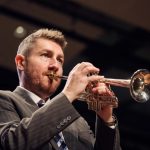You’re going to be performing Five Mystical Songs by Ralph Vaughan Williams. Tell us a bit about what this piece means to you.
The Five Mystical Songs and I have a long history. One of my early singing teachers, the wonderful Henry Howell, started me on my journey with them when I was a teenager, and then when I was in my twenties I was supposed to sing them but had to withdraw from the performance due to illness, so now I get to perform them for the first time! The poems are chosen from George Herbert’s 1633 collection ‘The Temple: Sacred Poems’, and Vaughan William’s music for the first four songs matches their deeply meditative qualities with some masterful word painting, before the heavens are raised by the choral finale. I feel like these pieces are a part of me, one of many partners I’ve walked with on my musical journey.
When did you first know you wanted to be a singer?
I sang all through my childhood in choirs, both at school and in the community, so it sort of crept up on me. My dad was a lovely singer, pianist, and church organist, and it was he who first helped me understand that singing songs was about sharing stories. ‘The Holy City’, which we’re singing in the concert, is one of those ‘songs that my father taught me’.
Did you ever have any career in mind other than professional singer and if so, what was it?
I can honestly say that I haven’t. One thing I ask aspiring singers is whether there’s anything else they can imagine themselves doing. If they say yes, I suggest that they should probably pursue that career. To become a professional singer you need to have unwavering focus and commitment, otherwise the difficulties soon wear away your will.
What advice would you give to young classical singers just starting out on their careers?
Commit yourself to a life of learning, study languages from a young age, become passionate about words, learn to read musical scores while you listen to as much music (in as many styles) as you can, and sing for others as often as possible.
Do you have a favourite ‘party piece’ to sing from the baritone repertoire and if so, what is it and why is it your favourite?
There are quite a few party pieces that I regularly revisit, most of which involve me singing very quickly – Figaro’s aria from The Barber of Seville, the Major General’s song from The Pirates of Penzance, or The Nightmare Song from Iolanthe – but my absolute favourite isn’t fast at all. It’s an arrangement of ‘Banjo’ Paterson’s ‘The Dying Stockman’ I wrote many years ago. It’s an evocative and haunting piece which reminds me of where my family comes from in Central Queensland, and it never fails to let grown men shed a tear or two.
Throughout your career, we’re sure you’ve been part of more than a few memorable performances, but has there been a particular favourite?
There have been so many, but the one that always comes to mind as the most thrilling was during the final performance of the Brisbane return season of The Pirates of Penzance back in 1994. I was one of the pirates on stage with Jon English and Simon Gallaher, and after the sixth and final encore of ‘With cat-like tread’ that evening the roar of pure joy that came from the audience filled the Lyric Theatre in a way that I’d never experienced before, and I may never again. What a thrill!

